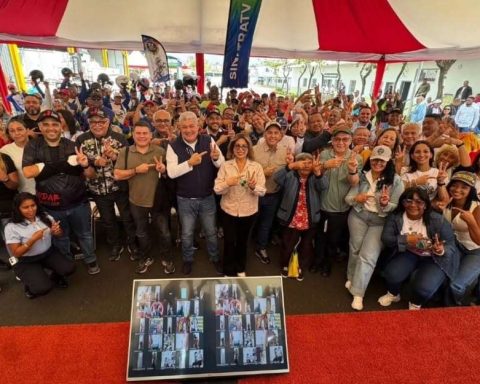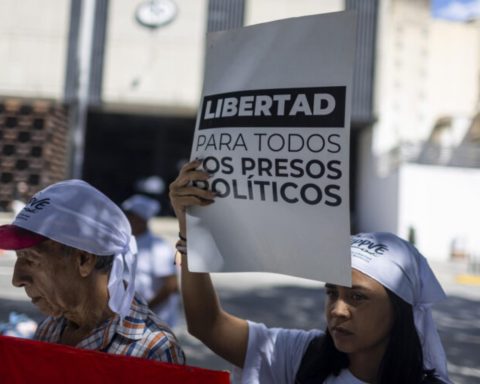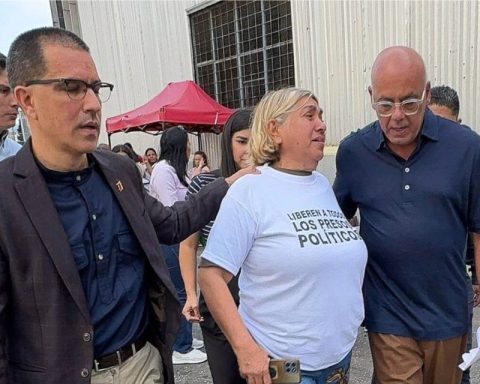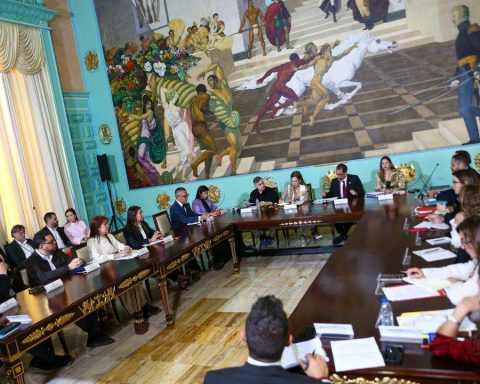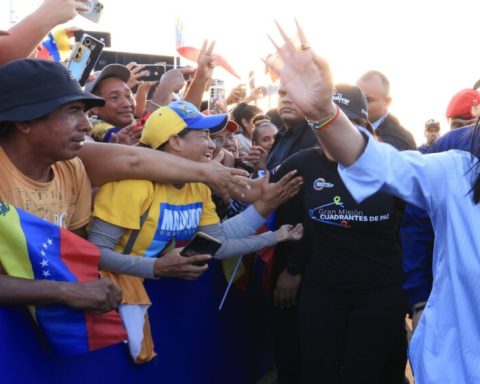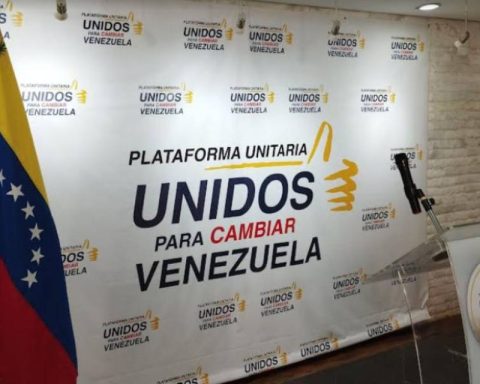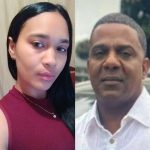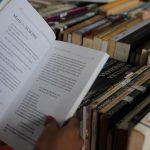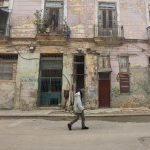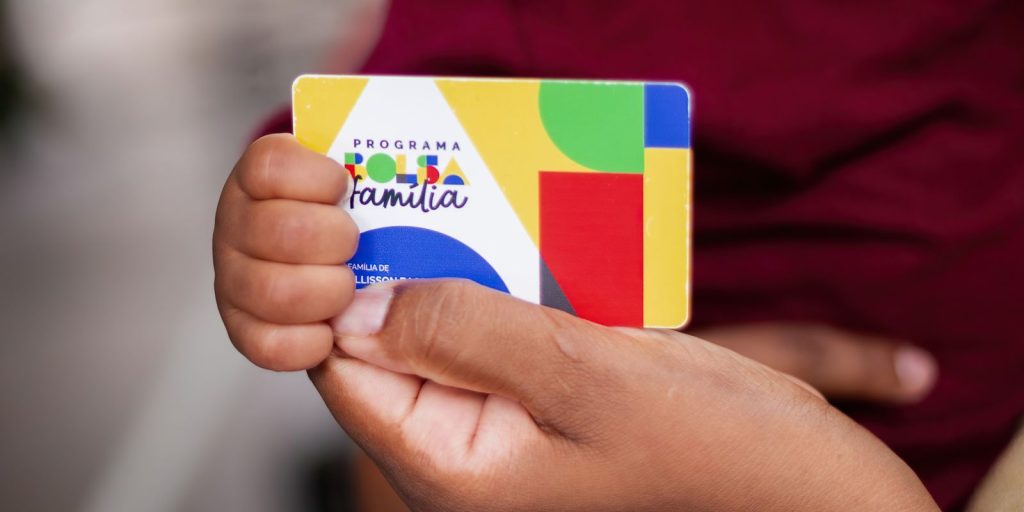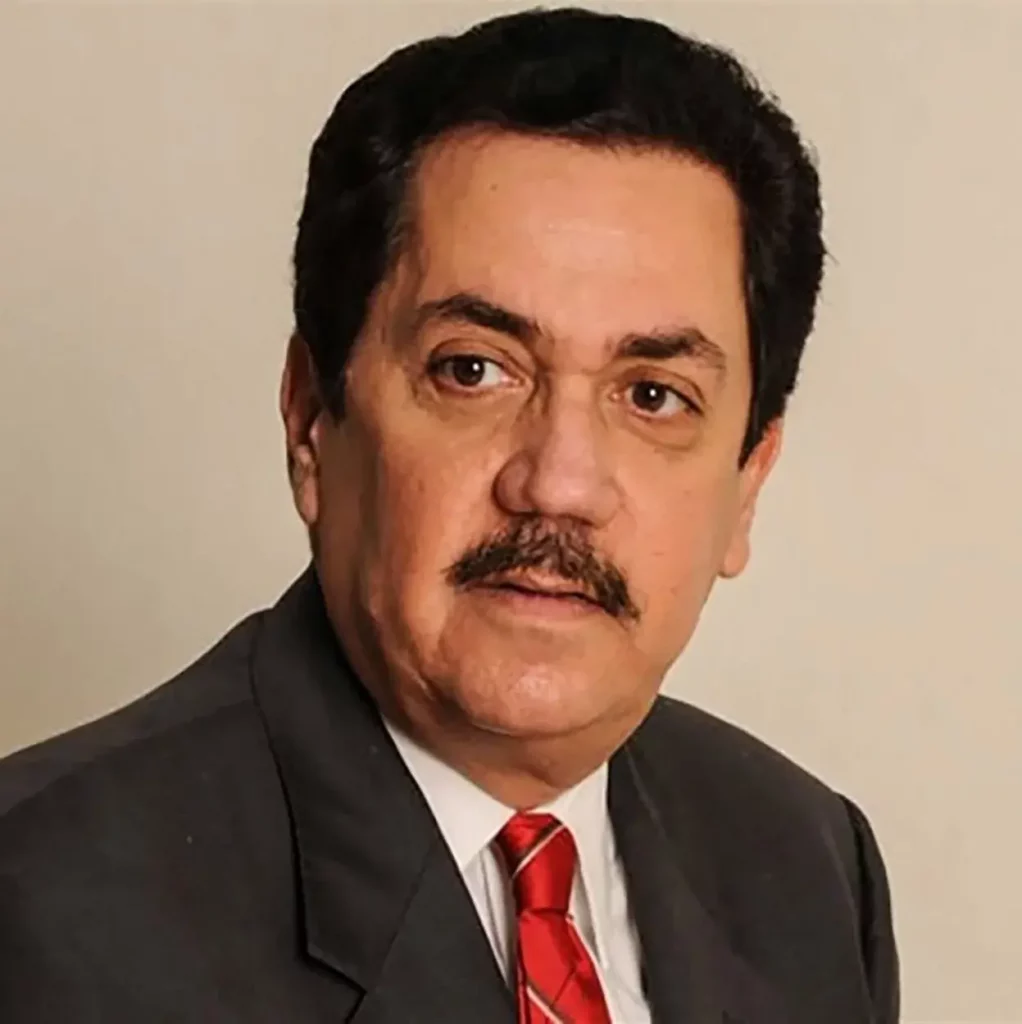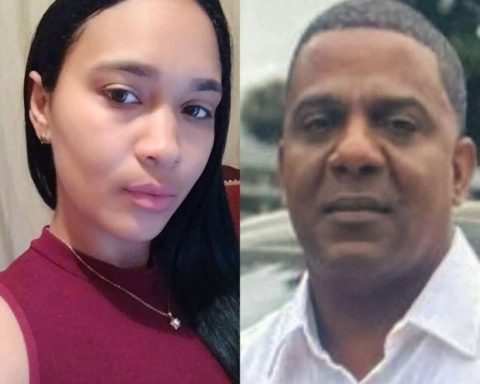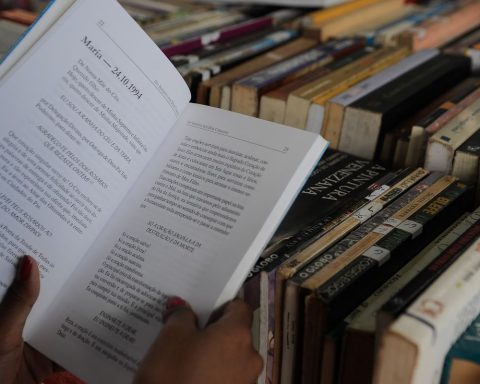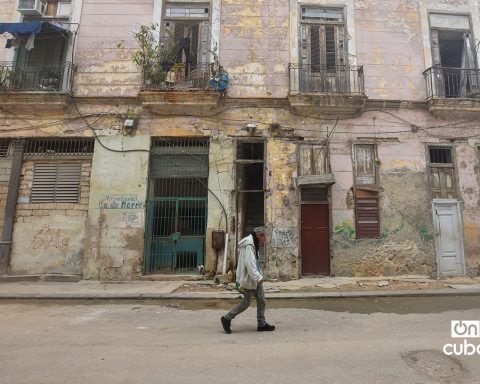After the national blackout on August 31, 40 Guri workers in Bolívar state were arrested. At the time, only a collective arrest of 10 people was made public. A family member indicated that within the framework of the releases announced by the Public Ministry, 29 people from that group were already released.
Author: Caroní Mail
On August 30, a national blackout left all Venezuelan homes without electricity for more than 12 hours. However, the darkness was just beginning for 40 Corpoelec workers who worked in Guri, who were detained in three batches from August 31 to September 2 accused of alleged “sabotage.”
To carry out these arrests, relatives assure that on September 2, President Nicolás Maduro and Vice President Delcy Rodríguez even appeared at the scene, who witnessed the deprivation of liberty, which was carried out without an arrest warrant and without giving notice. to relatives.
Little was initially known about the case; However, human rights defenders and organizations only warned about a group of 10 detainees. This is how Oneida Carvajal, aunt of Gilberto González, 58, a worker with a 32-year career in the company, who today faces charges of terrorism, inciting hatred and conspiracy to commit a crime, remembers it.
What happened to the 40 detainees?
Carvajal, who for the first time offers statements under his name to the media, reiterated that between August 31 and September 2, 40 Guri workers, in Bolívar, were arrested. At the time, only a collective arrest of 10 people was made public. Likewise, the affected person assured that, within the framework of the releases announced by the Public Ministry, 29 people have already been released.
As of today, there are 11 workers arrested in this case, 2 are women. 8 of them faced charges of terrorism, incitement to hatred and criminal association, while 3 people, who were working on the day of the blackout, were charged with a fourth charge: manipulation of the nation’s strategic equipment.
By September 2024, Caroní Mail He spoke for the first time with relatives of these detainees, who emphasized that they were accused of having “sabotaged” the national electrical system and caused the electrical failure.
WhatsApp messages taken as evidence of “terrorism”
After four months, Carvajal explained that only three people face the charge of acting to the detriment of the electrical system, while the other 8 people were arrested for a denunciation.
According to their story, the workers have a WhatsApp group through which, on the night of July 29, a co-worker celebrated the victory of Nicolás Maduro, to which the eight affected sent messages in which they refuted the celebration. These messages, which were sent to state security forces by members of the group affiliated with Chavismo, are what they use as an argument to accuse them of inciting hate.
“After we had the interviews with the public defenders, who were assigned to them, they explained to us that in the case of my nephew Gilberto González and 7 of that group, among them two women who are in the National Institute of Women’s Guidance (INOF) , they have three charges: terrorism, incitement to hatred and association to commit a crime. They are about to belong to a WhatsApp group. The day after the elections, a person affected by the government made a comment that they had won, what a victory… And they each responded something. Denying what the lady was saying. That’s where they take it as hate speech… All those things. The other three people are being charged with the blackout. It is due to what the group said,” he said.
Irregularities and torture: “I do what I want with you”
The arrest of Gilberto González, Oneida’s nephew, was carried out on September 2 while he was in his room. The worker managed to tell his wife, through a call, that “the Dgcim was taking him away.”
*Read also: Risk Management System reported that the fire in Anaco has been 90% controlled
Other than that, there was no arrest warrant. Nor is there a notice for family members or any information, this is the same way of operating that the State security forces use for post-election arrests, and which is described by specialists as forced disappearance and kidnapping.
The González family went to Caracas and after several days of searching they learned that Gilberto was in Boleíta Norte, where he remained for 35 days. He is currently being held in El Rodeo II.
As of this January 17, only the presentation hearing has been held, many days after what the law dictates, and the preliminary hearing has been postponed five times.
The employees’ right to have private defense was violated, therefore, the person handling the case is a public defender who, in addition, went on vacation and left a replacement.
– What does the public defender tell you about the case?
– They calmly tell us that they are detained for the WhatsApp messages and that this is a serious crime. How can you call terrorism a person who has not even participated in a demonstration? They didn’t even go out to burn tires, they are not guarimberos. They caught them in Guri, inside.
– How has the treatment been with the detainees? Have they been tortured?
– “After the days for the presentation had passed, which were never fulfilled as they should be legally because they were not presented the next day, but on September 26th even though they were taken away on the 2nd. Instead of transferring them to The prison after the presentation, they left them in the Dgcim of Boleíta, the maximum, there they put them for 12 days in a cell they call the cellar, under 12 to 13 degrees. They stayed there for 12 days until the days of investigation were completed to return them to jail. Right now they are in El Rodeo II.
First they spent 35 days in Dgcim Boleíta, there they were tortured, they put them in shackles, they hit their heads against the wall. They were not allowed a bathroom until the 16th. After they transferred him to prison they allowed him visits. He told me everything. He showed me the marks on his wrists and feet from the shackles. They were always poorly fed, they did not bathe for 16 days. They didn’t brush. In his case, he had panic attacks. He has anxiety problems. They gave him a crisis and he ran away. When he did that, they would throw him to the ground and put him in shackles. There they kept him punished. Several were put in shackles for any strange movement. He tells me that when he asked the captain who had them there, why he was there, he responded: you belong to me, you were given to me as safekeeping and I do what I want with you.”
Carvajal assured that his nephew is emotionally affected, in addition to having lost a lot of weight and having episodes of fainting and anxiety, since he suffers from heart disease that causes constant arrhythmia and fear. “He tells me that he is afraid of dying there, that’s why he asked me to talk,” he confessed.
Carvajal believes that officials lied to him about the treatment that Gilberto was receiving, since they assured him that he was eating well, but “he is disappearing, he is very thin.”
The detainees eat lentils with arepa in the morning, lentils with rice at lunch, and lentils with arepa at dinner. According to what the group reports, they begin to have reactions such as vomiting and diarrhea from consuming only these foods.
“He says that the time he has there, his body no longer accepts it. He gets diarrhea and vomits. He has fainted from his heart problem, his arrhythmia is too bad and he has only one medication. If we don’t go to visit it, it doesn’t have one. Then he fainted. They continue to have anxiety attacks (…) Right now they are in cells. The first days they were in a hallway because the prison was full, but when they transferred from El Rodeo to Yare, some cells were vacated there,” he pointed out.
They ask the attorney general to review the case
The interviewee assured that they made the decision to speak, since several months have passed and so far there has been no progress in the case. Despite feeling fear, the arbitrariness and abuses have motivated them to report this situation.
– Why do you decide to denounce the panorama of repression?
– There are many fears. Other prisoners told them not to give a statement because they are going to sink them, they are going to transfer them to another prison, they are going to hide you, they are going to disappear you… The relatives are almost all very afraid. Only I have dared. My nephew is afraid, he thinks they are going to find him dead with a heart attack. He is afraid to die, no one knows about them. All hearings are deferred, they do not respond to any of them of the ministries they go to. We have to talk.
– What is your message to the authorities?
– I ask the authorities, above all, the prosecutor Tarek William Saab, to do a review and see all the evidence that we have that they asked of us, what they do, perhaps what they wrote that is not something out of this world In the case of my nephew, just a simple comment. Let him do a review of that case because everyone is innocent. Those 11 people are innocent. There is a housewife who was only the wife of one of the security personnel and since he was not there, they took her away and left some children alone. What they are charging them with is not right. Let them review that case.
*Journalism in Venezuela is carried out in a hostile environment for the press with dozens of legal instruments in place to punish the word, especially the laws “against hate”, “against fascism” and “against the blockade.” This content is being published taking into consideration the threats and limits that have consequently been imposed on the dissemination of information from within the country.
Post Views: 19

